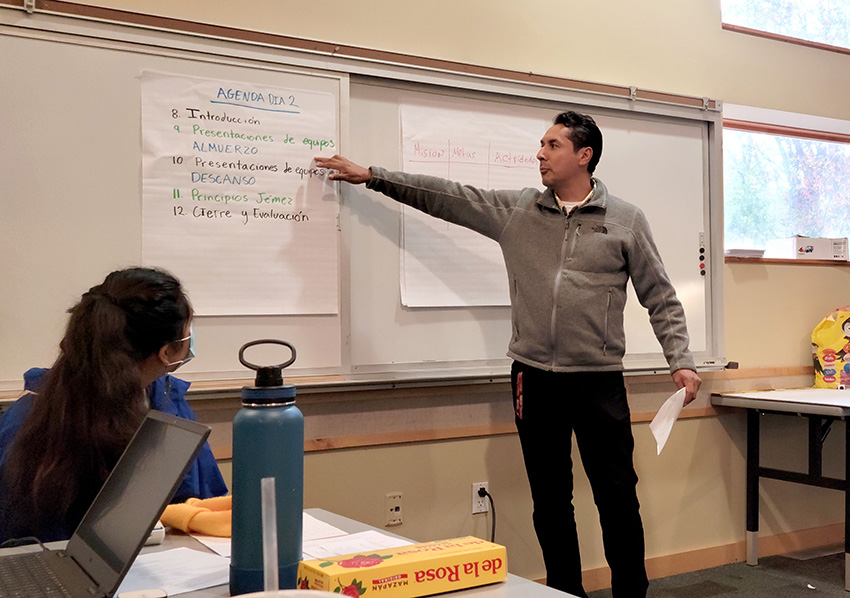Providing training on a cause you care about can be incredibly exciting!
What could be more rewarding than having a bunch of people in a room who are all learning together about how to build a better world?
But do it enough times and you are bound to come across some setbacks.
And have enough setbacks and you can feel like you don’t know what you are doing!
Fear not! Even the most experienced trainers face challenges. They might even be a sign that you are doing exactly what you should be doing.
Here are a few of the most common ones we’ve observed and some tips to overcome them.

Setback #1 – Lack of awareness or understanding
You don’t always get to work with people who are already on board with your cause. Sometimes you hear a comment that makes it feel like you live in completely different worlds. You think, “am I even in the right place?”
But perhaps this lack of understanding means you are exactly where you should be. If everyone already agrees, what reason is there for education and training on your cause? Take a deep breath and remember that everyone has to start somewhere.

Setback #2 – Emotional intensity
Social causes often involve sensitive and emotionally charged topics. When you open up participation sometimes comments can reveal oppressive attitudes and behaviors that cause harm to those targeted by oppression. You may worry that you are making things worse just by bringing this stuff up.
Oppression and power exist all around us so it should be no surprise that it comes up in your training. Afterward, try processing with a trusted friend or journal about it. Ask yourself what you did well and what you might do differently next time.

Setback #3 – Resistance or opposition
Participants may hold differing perspectives or be resistant to accepting the importance of your cause. Overcoming resistance and engaging participants in a constructive dialogue can be challenging, particularly when faced with skepticism, apathy, or anger.
Not all forms of resistance are disruptive, in fact, some forms of resistance can actually be a positive and necessary form of engagement. Sometimes helping participants navigate doubts and concerns in front of the whole group can help everyone understand their stake in supporting the cause you care about.

Setback #4 – Maintaining engagement
Training sessions on social causes can be lengthy and require participants to stay engaged throughout. It can be challenging to maintain their attention, particularly if the material becomes repetitive or if participants feel overwhelmed by the gravity of the issue.
Providing variation in your methodology is one way to keep people engaged. If you tend to present information or tend to engage in large group discussion, see how you can incorporate a game or small group work into the mix. If you need ideas, look at our Training for Action Template!

Setback #5 – Effecting real change
One of the ultimate goals of conducting a training on a social cause is to inspire action and drive meaningful change. However, translating knowledge and awareness into tangible actions can be hard! Participants may struggle with identifying practical steps or may face barriers to implementing change in their personal or professional lives.
Interview your learners beforehand to hear about their perspectives on the issues. Try to identify their own setbacks beforehand and anticipate how the training might provide opportunities for learners to practice overcoming those hurdles.

Wherever you are implementing your social change training, you are bound to find some challenges. That doesn’t necessarily reflect on your skill as a trainer, it may actually mean that you are doing everything right.
Make sure that you give yourself as much room to learn and grow as you do your participants, that’s part of the joy of this work.
Do you recognize any of these common challenges? What do you do to overcome them?
Let us know in the comments.





